Journey through soil full of life – Italy part 2 –
Rivetto’s vineyard-garden in the heart of the Italian Barolo region:
Increasing biodiversity through winemaking
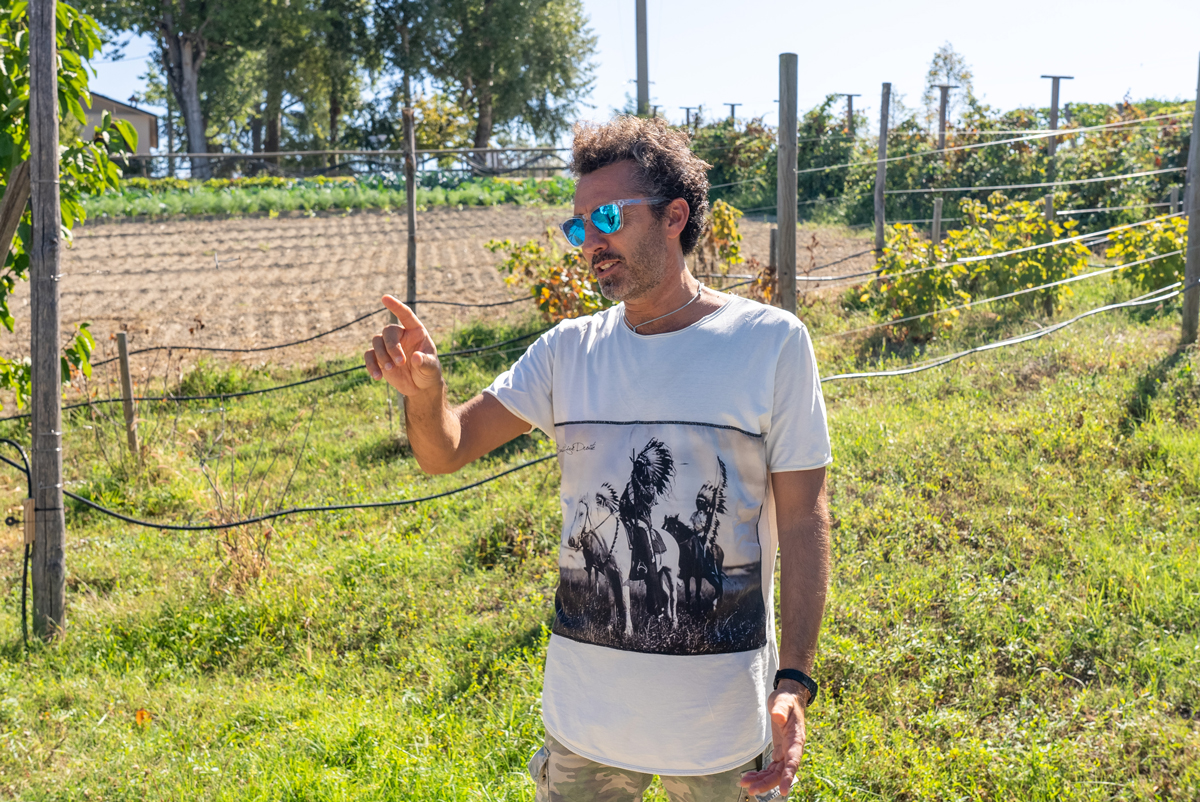
“Wine is magical because, through it, you can speak to people” (Enrico Rivetto)
Enrico Rivetto is a fourth-generation winemaker whose family started producing wine originally in Alba, in the Langhe area of Piedmont, under the Rivetto name in 1902. Yet his approach represents a strong departure from the established way of making Barolo, Barbera d’Alba, Barbaresco and other wines this region is famed for.
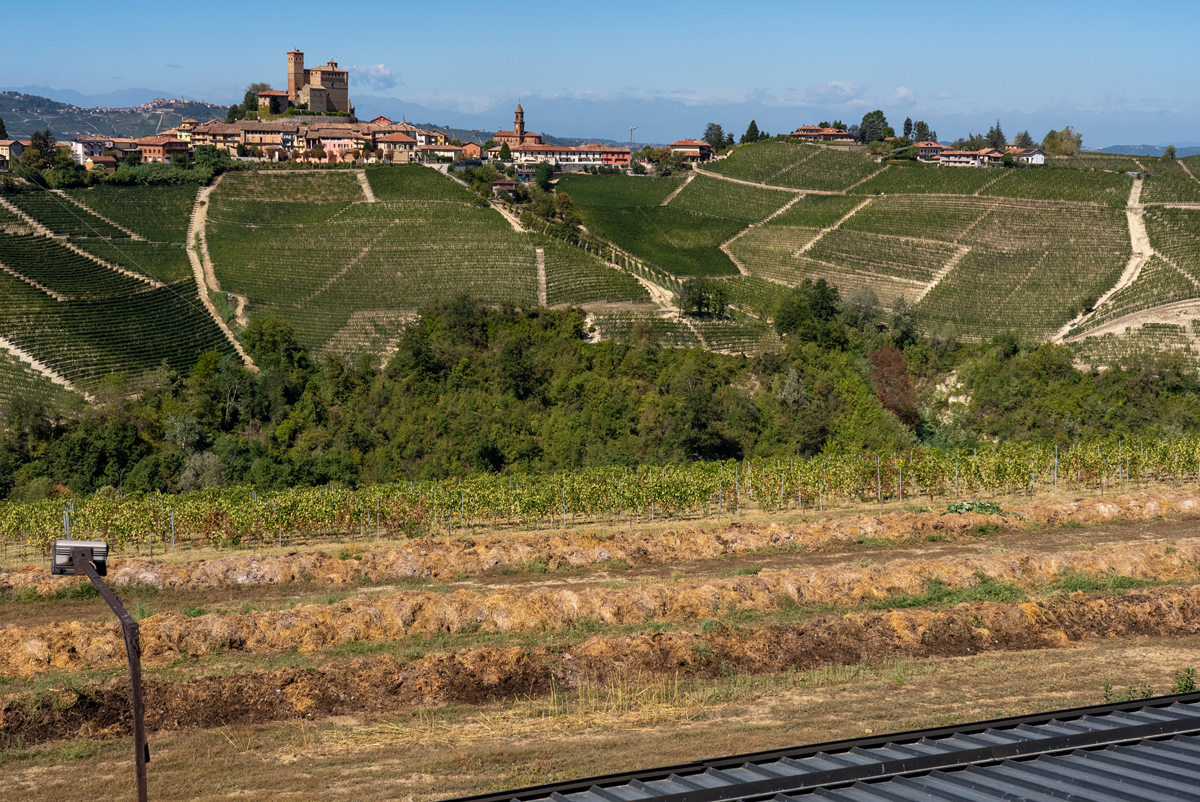 A view of the Langhe area in all its vineyard glory. Across the forest in the foreground are Rivetto’s vineyards and compost heap.
A view of the Langhe area in all its vineyard glory. Across the forest in the foreground are Rivetto’s vineyards and compost heap.
Photo by Masato Sezawa
Rivetto is the area’s only winery certified as biodynamic – an agricultural practice that sees the farm as a living organism to be managed holistically – by the world’s largest biodynamic federation, Demeter. Biodynamic agriculture is a step ahead of conventional farming techniques in that it seeks to draw on the forces of nature rather than relying on artificial tools. Its origins can be traced to an ancient method of cultivation that links guidance from the cosmos to soil health by sowing seeds, harvesting, and spreading compost according to an “agricultural calendar” based on the lunar calendar and astrology.
Drinking Rivetto’s deep reds, such as Nebbiolo d’Alba, and smooth whites like Nascetta (a recently recovered indigenous wine) is a window onto this unique winery, which also sells jams and juices made from freshly harvested crops. Only half of its surface is occupied by vineyards and the rest is home to a staggering biodiversity, including fields of ancient grain varieties, fruit orchards, medicinal plant gardens, six beehives and three donkeys, Filippa, Giulia and Lella. “I see this project as a renaissance,” says Rivetto. “Our goal isn’t merely to have a profitable business, but to create beauty”.
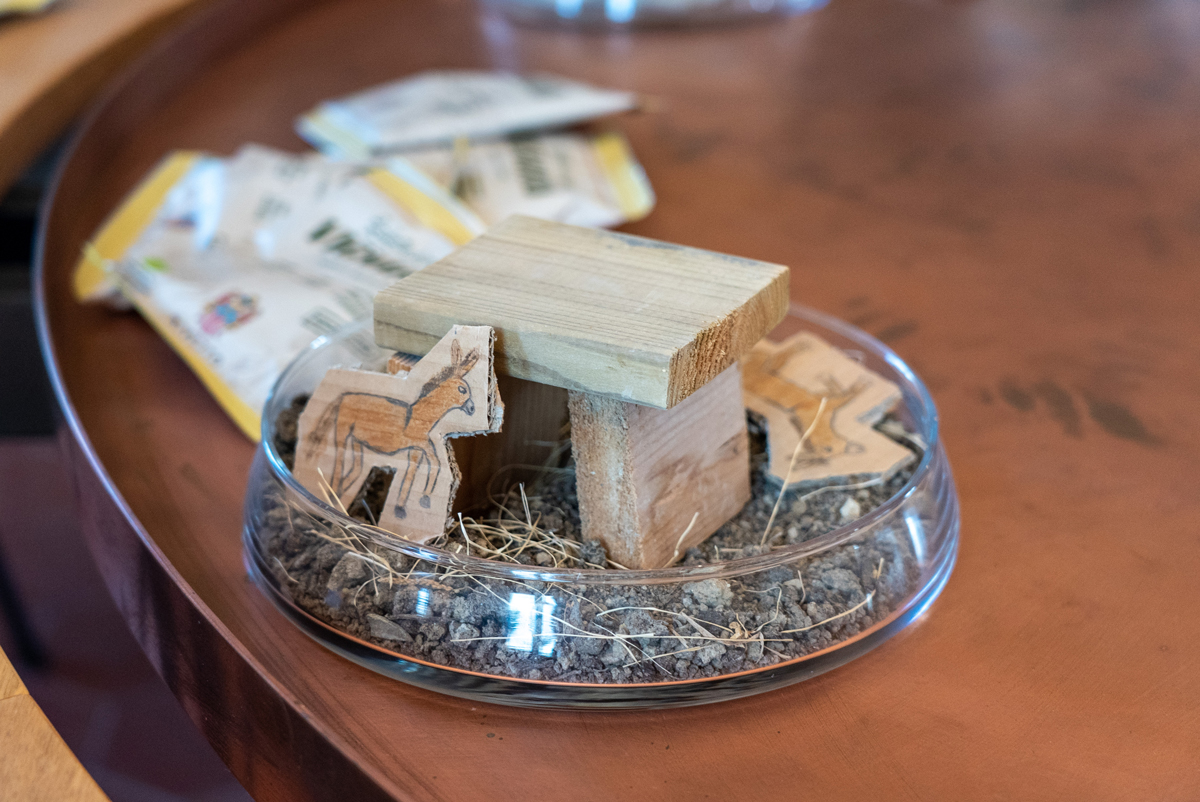 Cute donkey decorations on the tasting table
Cute donkey decorations on the tasting table
Photo by Masato Sezawa
A revolution born of the soil
“Humus is the most important part of the vineyard”. Rivetto’s philosophy starts from the earth, which is enriched using self-produced humus and biodynamic treatments such as horn manure, obtained from cow manure that is inserted in cow horns and buried over the winter. “In addition to leveraging the beneficial action of microorganisms, arthropods, and earthworms, the use of biodynamic fertilisers revitalises the soil and improves its fertility.” he says.
After joining the family business in 1999, Rivetto converted the winery to organic agriculture ten years later and started producing its first certified biodynamic wines in 2019. Through this process, he’s strived to generate new knowledge by balancing science and spirituality, a path that led him to rebel against the mainstream approach to viticulture. “I learnt to unlearn” is one of the ten points of Rivetto’s manifesto: he’s abandoned the paradigm that a winemaker should squeeze the highest yield and therefore maximum economic benefit from the land at the cost of sacrificing soil health and biodiversity.
“Winemakers of the Barolo region believe they can’t waste even a centimetre of land because its value is so high,” Rivetto explains. “I think the opposite: because of its value, I can afford to give up some land to create something beautiful that benefits everyone and benefits me”.
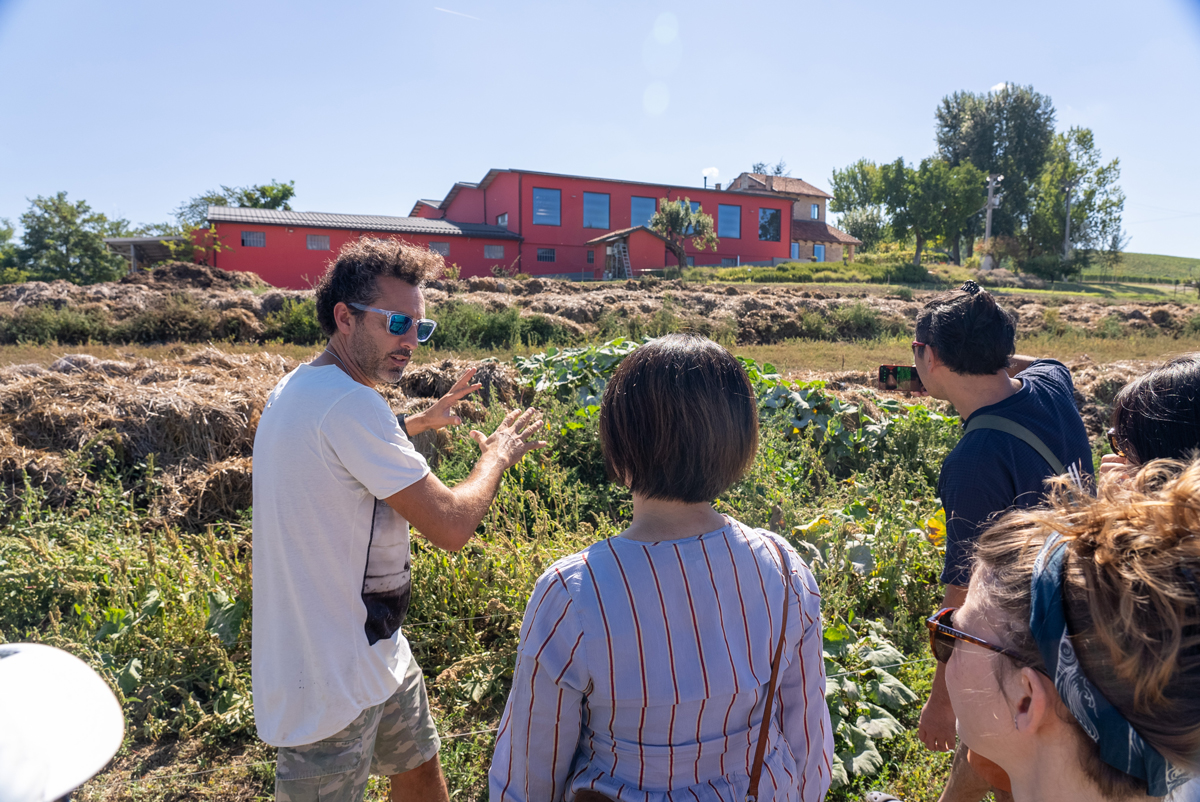 Enrico (left) explains composting
Enrico (left) explains composting
Photo by Masato Sezawa
A vineyard-garden
This philosophy is clearly visible in the Rivetto vineyards of Lirano, a hill sandwiched between the Alta Langa and Barolo areas, and Briccolina, Rivetto’s most important cru, where Nebbiolo grapes destined to become Barolo are part of a garden ecosystem entirely farmed by hand.
In Lirano, over 1,000 trees and two kilometres of flower and herb bushes have been planted between vines, creating ecological corridors for pollinators such as bees, birds and small animals. The area, nourished by a rain and spring-water pond used for irrigation and biodynamic treatments, is surrounded by seven hectares of forest; a sanctuary for wildlife and people, and “a great source of wisdom,” says Rivetto.
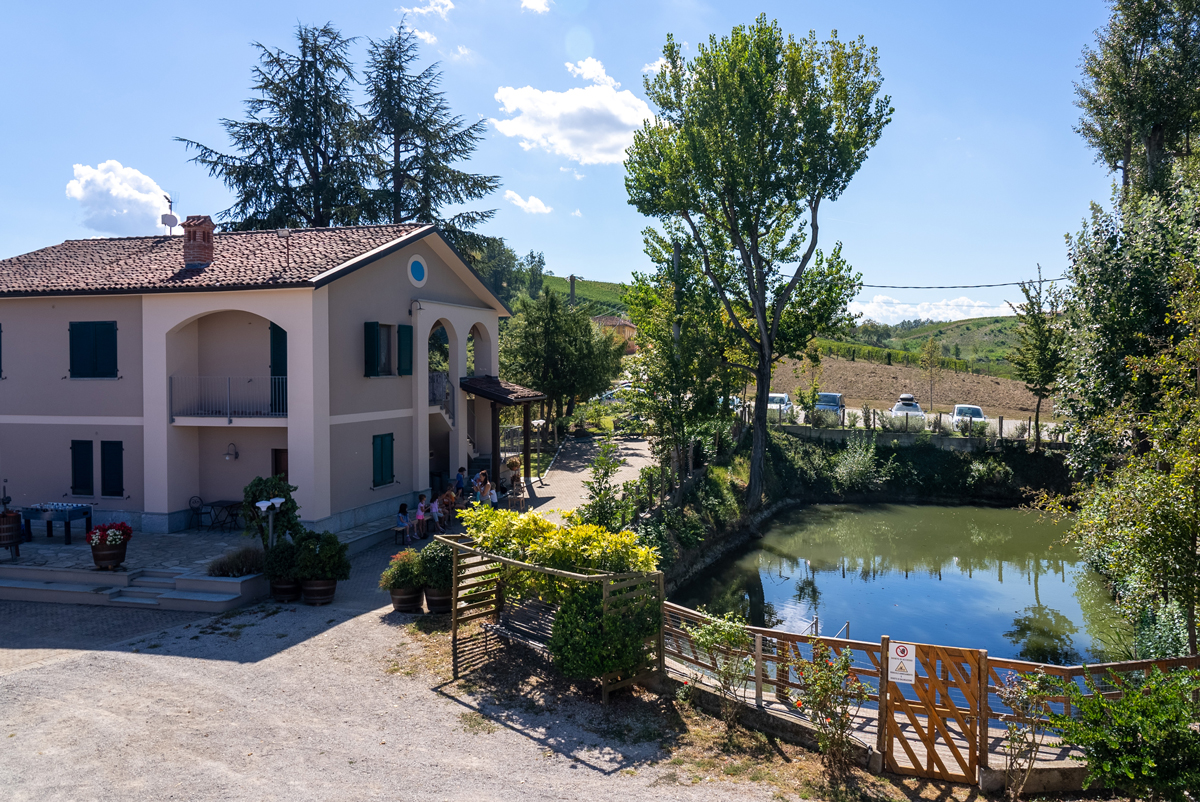 Pond is a source of life and wisdom. On the left is theLirano School.
Pond is a source of life and wisdom. On the left is theLirano School.
Photo by Masato Sezawa
Studies by the University of Turin have shown how pollinators close to the forest have four times more yeasts in their gut, including yeasts used in winemaking. “Without the forest, grapes are less prone to fermenting,” Rivetto explains. “Other producers use cultured (lab-grown) yeasts because this is how things are done in the Langhe. But this area, our land, is defined by those gut yeasts in pollinators near the forest. Therefore, the forest is our land”.
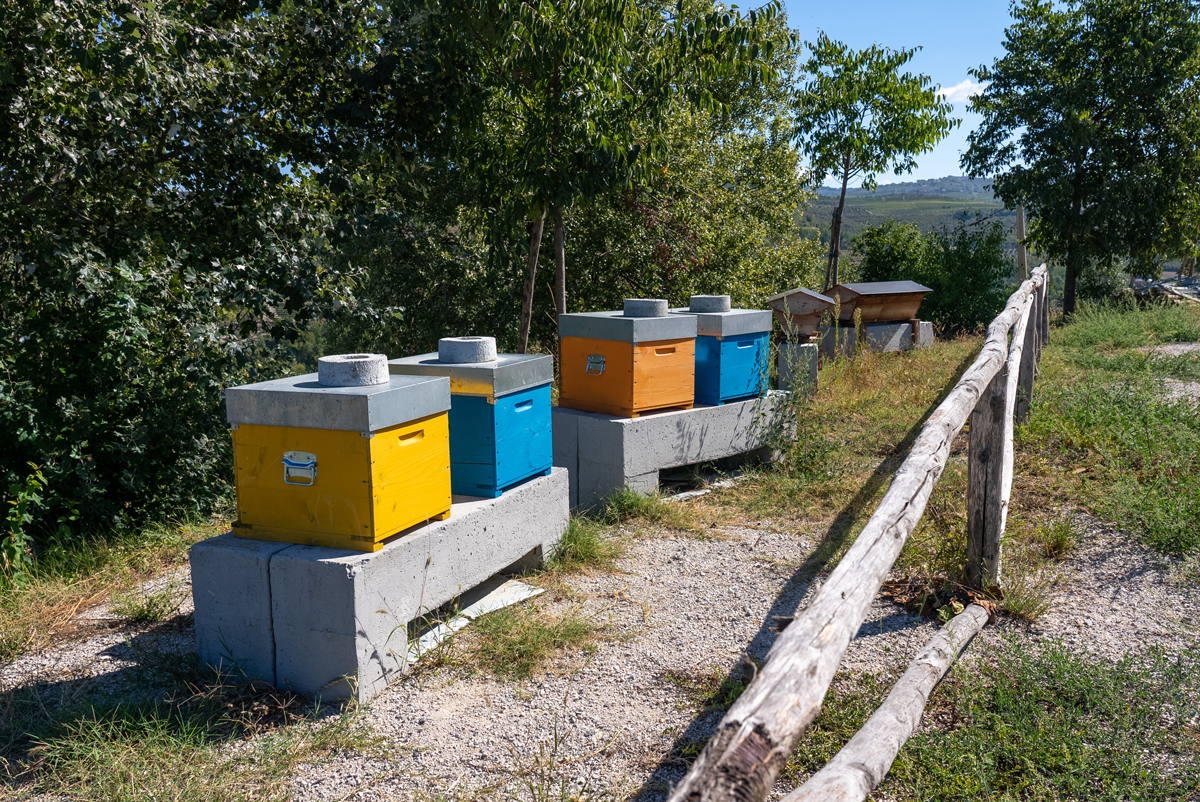 Bees are important pollinators
Bees are important pollinators
Photo by Masato Sezawa
A school for the future
“Farmers are the custodians of the agricultural organism for future generations,” says Rivetto, who sees education as the key to real change. Last September, the Lirano school was inaugurated in a farmhouse on the winery’s property. Here, elementary schoolchildren (and middle schoolers next year too) complete the Italian curriculum and learn about the environment embedded in nature. “This was the missing link in our project, the expression of everything we’ve learnt so far,” says Rivetto.
The biodynamic winemaker, whose children also attend the school, stays true to his belief that “you are what you do”. His goal is to show that an alternative isn’t only possible, but essential. “Materialism isn’t the end-all, and we’ve forgotten other truths, such as art, empathy and doing good. Life can’t be reduced to material needs. Aren’t we also bodies and souls?”
To learn more about Enrico Rivetto’s philosophy, visit Rivetto winery’s website, and if you wish to experience it first-hand, accommodation is available at the Rivetto Suites in Alba, Italy. Enrico, the Rivetto family, and donkeys Filippa, Giulia and Lella would be happy to guide you around the vineyard-garden. And remember to choose wines and foods that contribute to the health of the ecosystems where they’re grown!
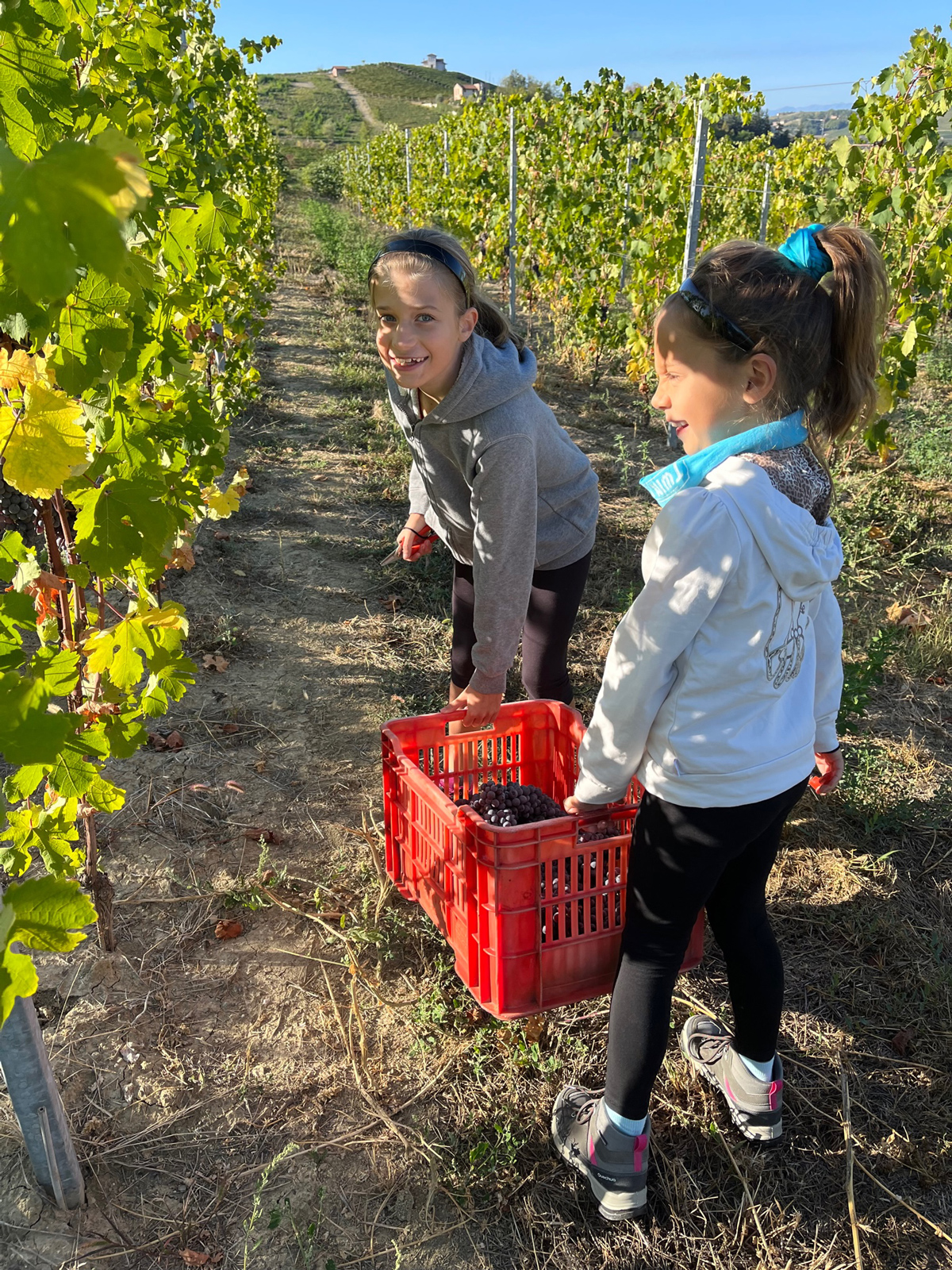 Vineyards are also places of learning
Vineyards are also places of learning
Photo by Masato Sezawa
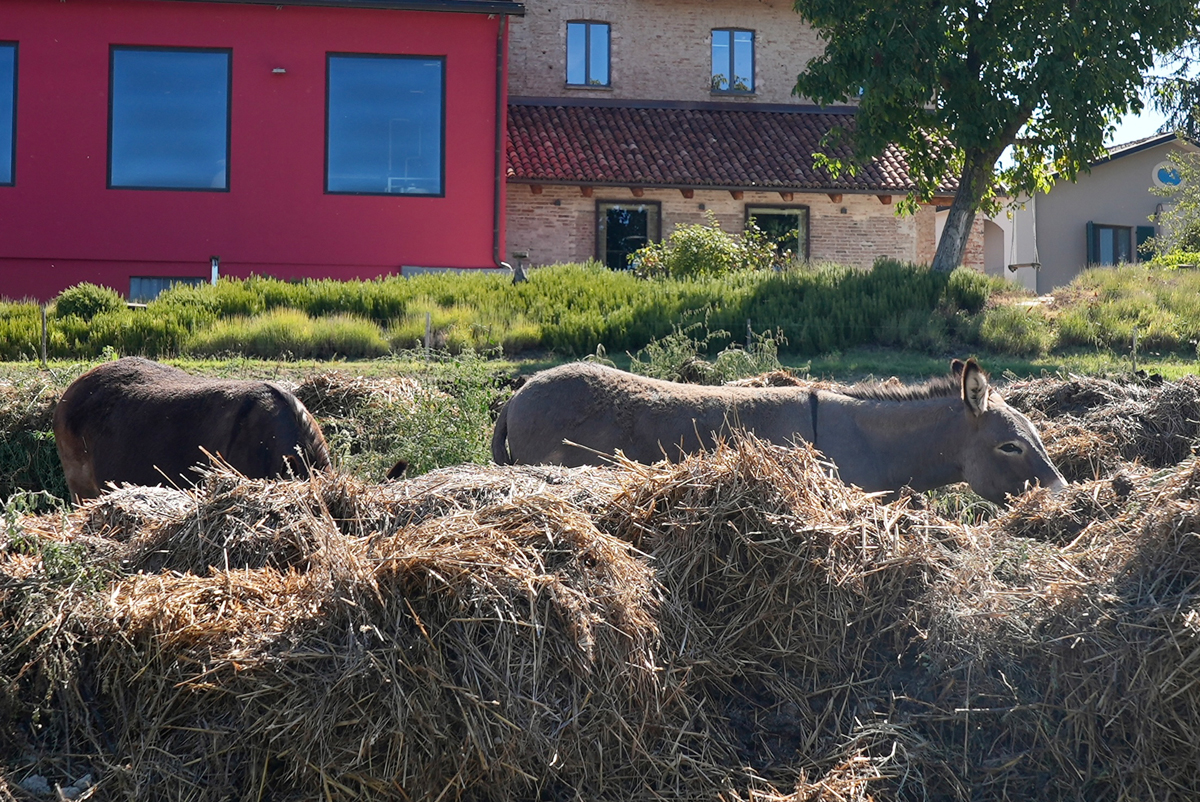 Everything goes back to the soil as compost.
Everything goes back to the soil as compost.
Photo by Masato Sezawa
【Series】Journey through soil full of life – Italy –
Part 1 : Learning sustainability by doing: A young woman’s journey to Italy
Part 2 : Rivetto’s vineyard-garden in the heart of the Italian Barolo region: Increasing biodiversity through winemaking
Part 3 : Eta Beta, the social cooperative rebuilding people’s lives through work
Part 4 : Self-sufficient communities create edible gardens all over Venice
Opening photo by Masato Sezawa
The four-part series “Journey through soil full of life” is presented in collaboration
with media partner IDEAS FOR GOOD.
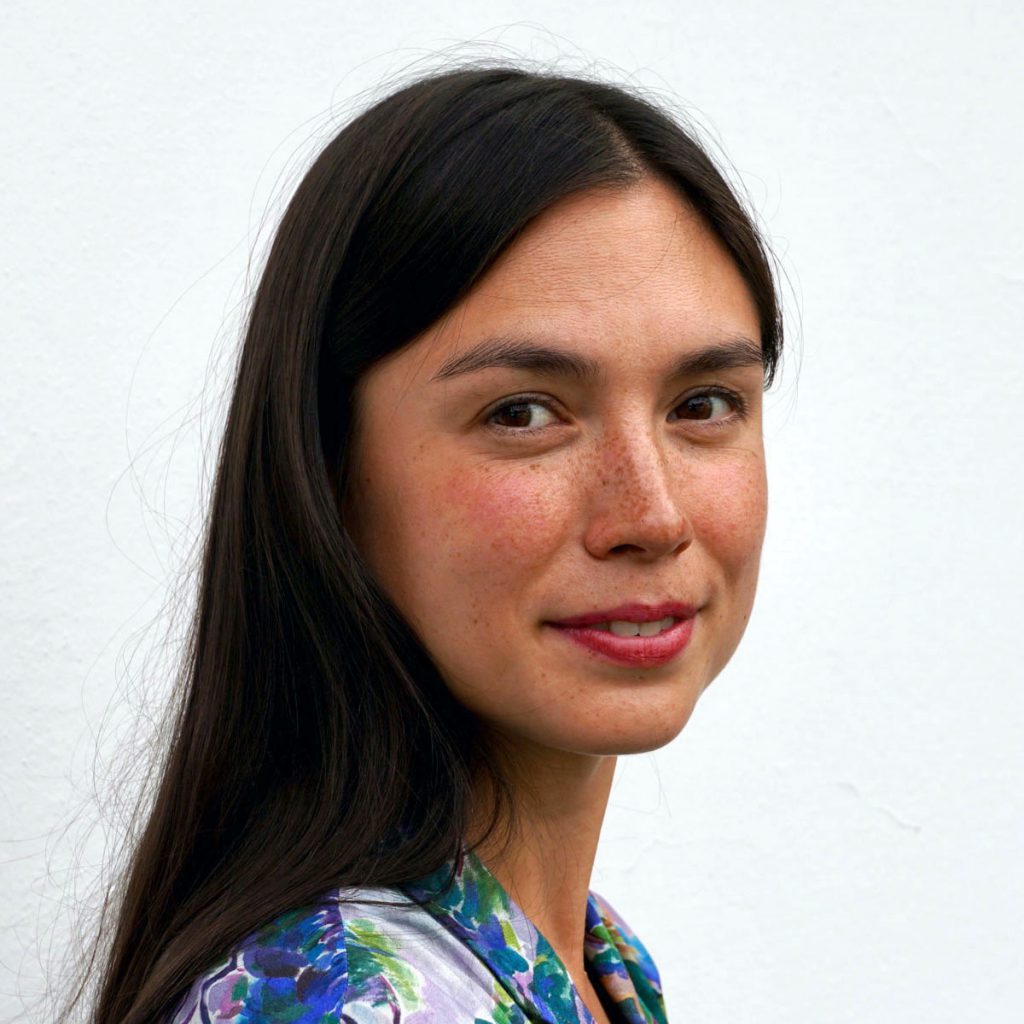
Author: Mara Budgen
Mara Budgen is a Tokyo-based freelance journalist specialised in sustainability, development and human rights. Former Editor-in-Chief of sustainability news website LifeGate.com, she is currently dedicated to bringing social, cultural and environmental stories from Asia Pacific to global audiences in written, audio and video form. She has written for The Japan Times, The Guardian, BBC Travel and Gastro Obscura. You can see her latest work at marabudgen.com.


